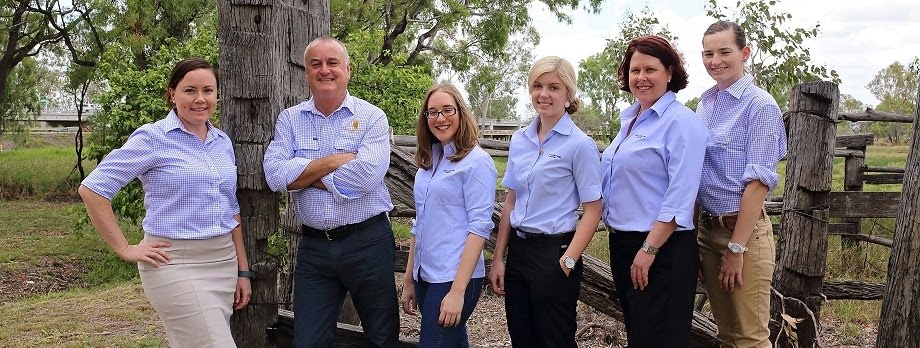This might be true once the well is completed, however
during intensive construction, drilling occurs 24 hours a day and the drilling
team needs a lot more space for all their gear, trucks, dongas and other
equipment. The more space the resource
company takes up, the less space you have to run your business on.
It is very important to get as much information and detail
as you can about what a resource company intends to do if they want to drill on
your land - how long they need to do it (number of days); how much area they
require; and how they will conduct themselves.
You should be able to receive detailed information for both the overall
project and each stage of the activities. For example, the company may need to
build a new road to get their well site.
They will have 1 bulldozer, 2 graders and 3 trucks, with 6 personnel,
and will take 2 weeks to build their road at a rate of 500m/day. The locations of the new tracks should be
marked clearly on a map included in your agreement. All company vehicles should be parked in a
designated area.
The more detailed and more accurate the information you have
available to you and included in your agreement, the better you can assess the
true impact of the well (both lost income and day-to-day disturbances) and not
be caught out with any surprises later on.
Be aware of the implications of lines such as “and any incidental
activities necessary or convenient”. If
included in your agreement, six months down the track “convenient” for the
company could be to lay a pipeline between two sites and you would not be able
to claim more compensation for the additional disturbance. This is why is it
important to have clear and concise terms in your agreement – exactly what the
company can do, where they can do it and how long they have to get it done.
Being aware of what you are signing will ensure that you do
not sacrifice your long term productivity, planning and sustainability.
Amy Gudmann is a solicitor in the Rural
division at local law firm Rees R & Sydney Jones Solicitors.

